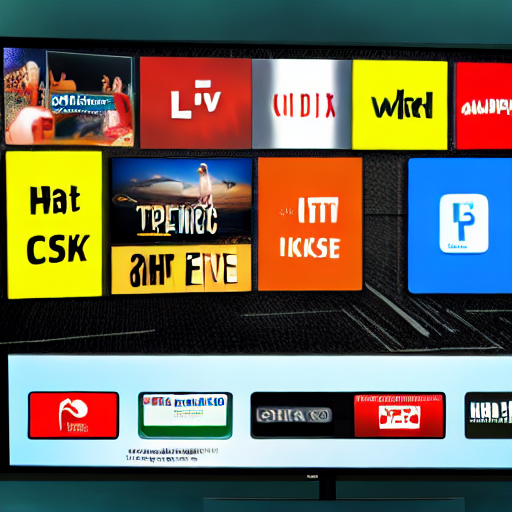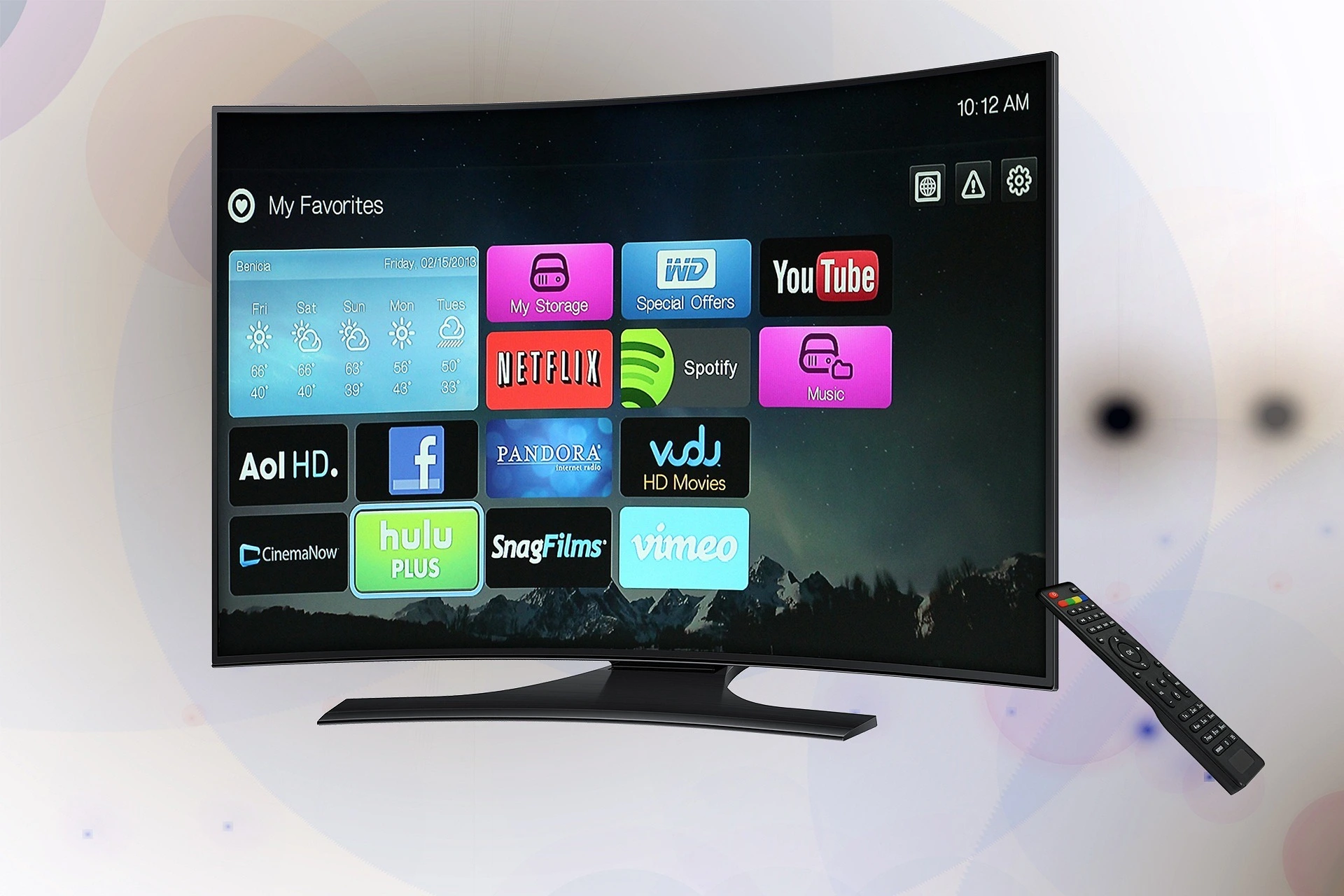IPTV (Internet Protocol Television) has rapidly transformed the way we consume television content. Unlike traditional broadcasting methods, IPTV delivers TV programs and movies through the internet, offering viewers unprecedented control over what, when, and how they watch. But what exactly is IPTV, and why is it becoming so popular? In this article, we’ll explore the essential facts about IPTV and why it’s revolutionizing the TV industry in 2024.
Table of Contents
What Is IPTV?
IPTV stands for Internet Protocol Television, a service that delivers television content over the internet rather than through traditional satellite, cable, or terrestrial formats. This technology allows users to stream live TV, on-demand shows, and movies directly to their devices using an internet connection. In 2023, over 40% of households worldwide had already adopted IPTV as their primary source of television content, a trend that’s expected to grow even further in 2024.

How Does IPTV Work?
At its core, IPTV works by converting TV signals into digital data that can be streamed over the internet. This data is then delivered to your device through a secure internet connection, allowing you to watch content in real-time or on-demand. IPTV services typically offer a wide range of channels, including live broadcasts, time-shifted media (like catch-up TV), and video-on-demand. With IPTV, you can access content from around the world, often with higher video quality and fewer advertisements compared to traditional TV.
The Benefits of IPTV
One of the main advantages of IPTV is its flexibility. Users can choose from a vast array of channels and content, tailor their viewing experience, and watch programs on various devices, including smartphones, tablets, and smart TVs. In addition, IPTV often offers better picture quality, including 4K streaming options. Statistics show that nearly 70% of users who switched to IPTV did so because of the improved flexibility and quality it offers.
Types of IPTV Services
There are three main types of IPTV services: live television, time-shifted media, and video-on-demand. Live television mirrors traditional TV broadcasts, but with the added benefit of internet delivery. Time-shifted media allows users to watch previously aired programs, while video-on-demand gives access to a library of movies and shows. This variety is a key factor behind the growing popularity of IPTV, as users appreciate the ability to choose what they watch, when they watch it, and how they access it.
The Future of IPTV
the future of IPTVs is promising, with an increasing number of users expected to transition from traditional TV services to IPTVs in the coming years. As advancements in internet speeds continue and content libraries grow, IPTVs is poised to become the preferred method for television consumption. Unlike conventional TV, which relies on cable or satellite signals, IPTVs leverages the power of the internet to deliver high-quality, on-demand content directly to viewers. This shift offers unparalleled convenience, allowing users to access a vast array of channels and shows whenever and wherever they choose.
Experts forecast that by 2025, over 60% of all television content will be delivered through IPTVs, marking a significant transformation in how we consume media. This trend is driven by several factors, including the increasing availability of high-speed internet, the proliferation of smart devices, and the growing demand for flexible viewing options. As more households experience the benefits of IPTVs, such as enhanced picture quality, reduced advertising interruptions, and customizable content packages, the traditional TV model may gradually become obsolete.
The expansion of IPTVs is also fueled by the increasing preference for streaming services, which allow users to watch what they want, when they want, without being tied to a fixed broadcast schedule. As a result, IPTVs is not just a passing trend; it represents the future of television, where internet-based viewing will dominate the landscape. As we move further into the digital age, IPTVs will continue to redefine the way we experience television, offering greater control, choice, and convenience for viewers worldwide.
IPTV is revolutionizing the television industry, offering users unparalleled control over their viewing experience. Whether you’re interested in live TV, catch-up services, or video-on-demand, IPTVs provides a flexible and high-quality alternative to traditional television. As more households adopt this technology, IPTVs is set to become the new standard in home entertainment.




